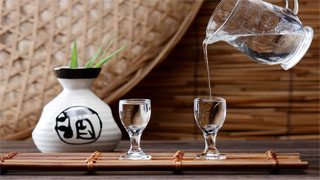
The lactation period is a relatively special time after childbirth. Many women have a question, can we drink beer during breastfeeding when our baby is born? Below, the editor will tell everyone.
02 Beer
Beer is an alcoholic beverage made mainly from malted barley and barley malt, with hops added. It undergoes liquid gelatinization and saccharification, and then liquid fermentation to produce beer. It contains carbon dioxide, amino acids, vitamins, low molecular weight sugars, inorganic salts, enzymes, etc., which have the benefits of increasing coolness and comfort, and helping digestion.
03 Breastfeeding period
Breastfeeding period refers to the period during which postpartum women feed their babies with their own breast milk, usually from the beginning to the end of breastfeeding, lasting about 10 months to 1 year.
Can I drink beer during lactation
Beer should not be consumed during lactation. Since the alcohol in beer may enter into the milk through blood circulation after the lactating mother drinks beer, which may have some adverse effects on the growth and development of the baby, the mother should avoid drinking beer, and also avoid drinking Baijiu, red wine and other alcoholic drinks. If it is necessary to drink, the amount should be minimized as much as possible and breastfeeding should be avoided in the short term to avoid affecting the baby's physical health.
05 Precautions
1. Breastfeeding mothers should try to avoid spicy and stimulating foods such as chives, garlic sprouts, chili peppers, pepper, fennel, and alcohol as much as possible, because stimulating foods are not only easy to harm the body, consume qi and blood, aggravate qi and blood weakness, and lead to constipation, but also easy to enter the baby's body through breast milk, affecting the baby's health.
2. Adults should consume 4.5-9 grams of salt per day. Breastfeeding mothers should not eat too much salt, such as marinated meat, fish, etc. Excessive salt intake can increase the burden on the kidneys, be detrimental to the kidneys, and lead to an increase in blood pressure.


